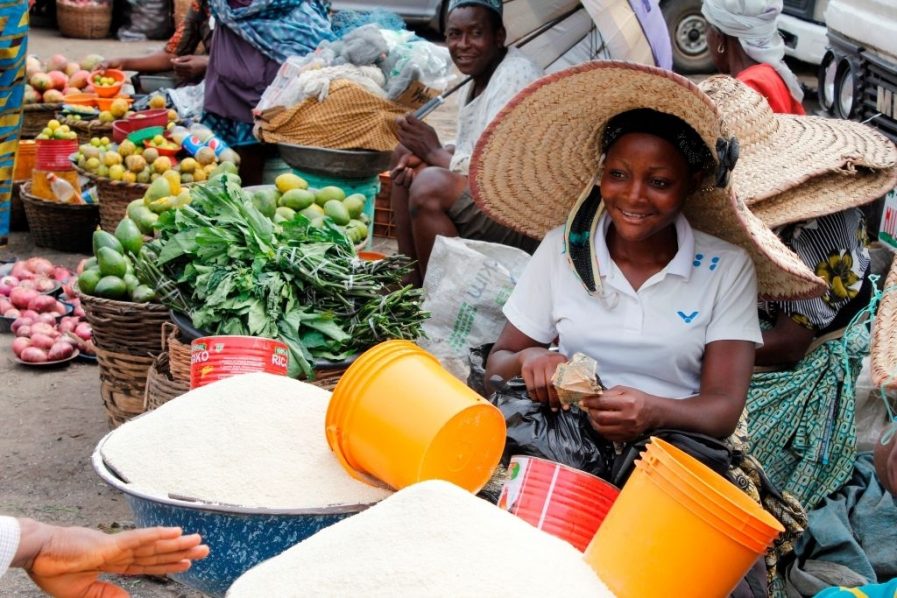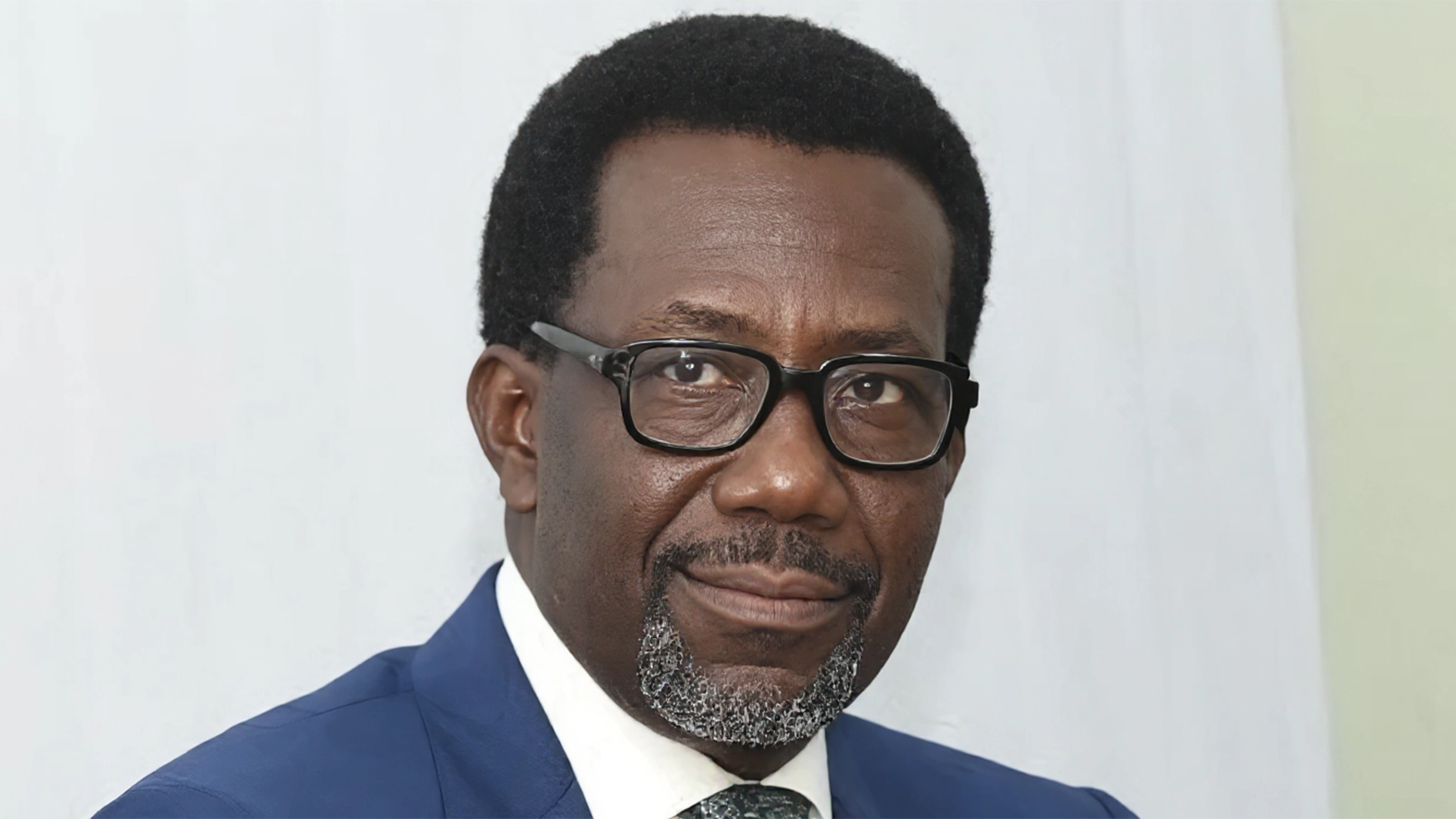– Nigeria remains 118 in global inequality index
– Experts knock govt, seek data-driven change
Nigeria’s gender-based policy, particularly in the areas of budgeting and equity, which was adjudged below the benchmark, drew the ire of civil society activists and stakeholders, as opportunity gaps continue to widen.
Former House of Representatives member, Nkoyo Toyo, citing Nigeria’s poor global ranking of 118, out of 142 economies, yesterday, in Abuja, said the country cannot afford to continue in such pitiable routine.
Toyo, at the capacity building workshop on, Gender Responsive Budgeting in the Country, said it is highly insensitive that while a few have, the majority are in abject want due to widening inequality.
The event, organised by the Centre for Social Justice, European Union, and United Nation’s Spotlight Initiative, was also an opportunity to review issues facilitating poor gender responsiveness.
According to Toyo, even when budgetary provisions are made towards gender-based programmes, poor implementation in terms of financial commitments and associated costs tend to leave little for the actual project.
Describing Nigeria’s position on gender responsiveness as pervasive to women’s rights, she said it is now worse when unfolding events tend to show that the country may be tolerating it too, despite laws against such.
The former lawmaker noted that gender inequality in Nigeria has remained huge on domestic violence, poor education, and poor opportunity for the girl-child, discrimination and lack of economic empowerment, among others.
She said while gender-based opportunity bill has been lingering at the national level, Ekiti State has already passed the law, while Cross River State is currently working on it.
This comes just as Nigeria missed a mention among top sub-Saharan African economies that improved the regulatory environment for women’s economic participation over the past two years by the World Bank.
The Bank said the women, which are half of the world’s population, would need reforms to realise their potential and contribute to economic growth and development.
In Nigeria, while the financial inclusion level is upbeat, it is mostly men that are captured into the system, while women, across the regions, are setback by religious, cultural, and educational factors, thereby limiting their potential.
The World Bank Group President, David Malpass, said legal rights for women are both the right thing to do and good from an economic perspective.
“When women can move more freely, work outside the home, and manage assets, they are more likely to join the workforce and help strengthen their country’s economies.
“We stand ready to help until every woman can move through her life without facing legal barriers to her success,” he said.
In Sub-Saharan Africa, 11 economies implemented 16 reforms in seven areas, but the Democratic Republic of Congo introduced social insurance maternity benefits and equalised retirement ages, while in Côte d’Ivoire, spouses now have equal rights to own and manage the property.
In Mali, reforms were enacted on non-discrimination in employment, while São Tomé and Príncipe adopted a new labour code to meet job market demands and bring laws in compliance with international standards. South Sudan adopted its first labour law since independence.
The Executive Director, Global Rights, Biodun Baiyewu, said both government and individuals must now wake up and pursue gender-based responsiveness in budgeting and equality.
“The truth is that women are more susceptible to gender-based violence and Nigeria’s rate is very high.
“First, we must end impunity and invest massively in protecting victims but more importantly ensuring that these firms gender inequality does not happen in the first place. The move, of course, will have budgetary implications, not just mere wishful thinking.
“Government is not blame-free. I think if it lives up to its responsibilities, particularly, protecting and providing welfare of the citizenry. I have also argued it severally that Nigeria’s challenge is not much about corruption, but the impunity.
“People get away with perpetrating violence and corruption. They escape the law when they mismanage budget, leaving people to reel under the consequences of their irresponsible actions,” she said.
The Lead Director of CSJ, Eze Onyekpere, said gender-based budgeting is one that works for everyone – women, men, girls, and boys, by ensuring gender-equitable distributions of resources and by contributing to equal opportunities for all.
“It is not creating a separate budget or looking for additional resources for women and girls or even for any other group, rather it tends to improve transparency, participation and gender analysis of national or organisational budgets.”
For instance, a gender budget for a Ministry, Department and Agency should show how the allocation of the total budget is made, and how such allocation benefits women and men, girls and boys in a given society.
“Our budget today is not with gender concerns, but a general one that assumes that everyone is carried along when many are left behind; worse still, when the budget performance does not matter.
“If a Nigerian mother would die for a matter that mere $20 or $30 could save her from, it means the country is not fulfilling its obligations on the right to life. This is a typical case of lack of gender-based budgeting,” he said.
The Permanent Secretary, Ministry of Women Affairs, Mrs. Ifeoma Anagbogu, reiterated that a gender-responsive budget incorporates gender equality principles into all stages of the national budget process.
This means that the process will ascertain differences in access, opportunities and rights for all to ensure that negative gender gaps in specific development spheres are addressed.
Noting that the major challenge inhibiting the full realisation of gender responsive budgeting remains non-sustainability of established initiatives and programmes, she said the current administration is committed to the cause.
“Globally, the reason for advocating gender responsive budgeting is the recognition that women, men, girls and boys have very different practical and strategic needs and priorities.
“Most times, those of the women remain under-represented in public life, which implies that most government policies, including economic policy, may not take their needs and priorities into account,” she said.
She, therefore, called on all stakeholders from both the public and private sector’s to ensure a budget process that is gender responsive, transparent and accountable.






